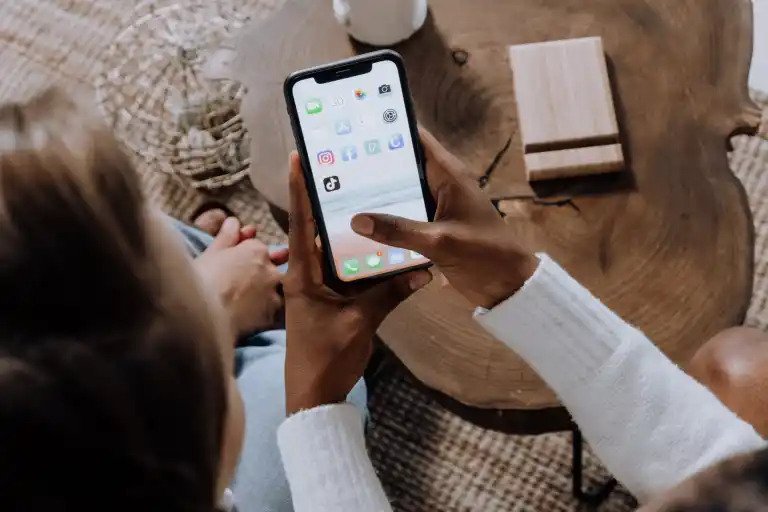

I suppose TikTok is not entirely original. Before TikTok we had Vine, and before Vine, we were already seeing short meme videos going viral across the internet. But TikTok, with its one billion users, seems to have scratched an itch and really solidified and legitimised a certain video format.
I like TikTok… a lot. It’s just such a fun user experience. You never know what you are going to see next when you are scrolling through the ‘for you’ page. Every swipe-up is like a lottery, and most of the time I feel like I win! You could find yourself in life hack TikTok, parenting TikTok, pool cleaning TikTok, dinner TikTok, satisfying TikTok, or my favourite; anarchic meme TikTok.
TikTok has taught thousands of creators how to cut a simple video together, how to create those seamless transitions and most of all how to tell a compelling story in less than 60 seconds. But let’s be honest, most of the time the quality of the videos we are watching on the app is not impressive. The lighting, the framing, the audio, these elements are not top-tier. However, I think that’s exactly what makes TikTok interesting, and even threatening to professional videographers.
Complete novices are generating millions of views and in many cases lots of money from brand deals with absolutely no concern being given to perfect exposure, nailing focus, or buttery bokeh! And they are doing it without spending thousands, even tens of thousands of pounds on cameras, lenses, and filmmaking equipment.

Here’s the thing; the success of this app leads us, and our clients, to ask some questions. I recently had a client ask me, “do we need to focus on production quality when people are getting millions of views on TikTok, on videos they made with their phone?” I have entertained similar questions… Has this app changed the way we think about what video content looks like? What impact does an app like this have on the saleability of the services of a professional videographer?
In the end, I think that it all comes down to context. Before we produce a video for anyone, we have to ask questions about who the audience is, where the video will be hosted, and what the expectations will be regarding production quality in that arena. So how do we answer questions like this? Here are three P’s to consider:
- The people you are targeting matter. People will put up with worse video quality if they have a good existing relationship with the creator, but if you are trying to access a new audience, poor production quality will make people bounce faster, no matter how good the content in the video is.
- Purpose matters. Poor quality does not affect the ability of a video to make you laugh, in fact, many times it can enhance it. If your purpose is comedic you can get away with a lot, but if your purpose is to advertise, inform, or demonstrate you simply won’t keep attention or be respected as a brand if your video looks bad.
- The platform matters. People don’t go to TikTok expecting to watch well-produced content. However, YouTube for example has become a space where people increasingly expect good production values, even more so on companies’ own websites etc.
So although there are lessons we can learn from great TikTokers about storytelling and grabbing attention, I don’t think TikTok is threatening to professional videographers. There is still a clear distinction between something well-produced and polished vs your average TikTok video. The need for your hard-earned skills is not diminished or redundant. We just have to ask the right questions about people, purpose and platform to be able to demonstrate the need for higher production values to our clients.